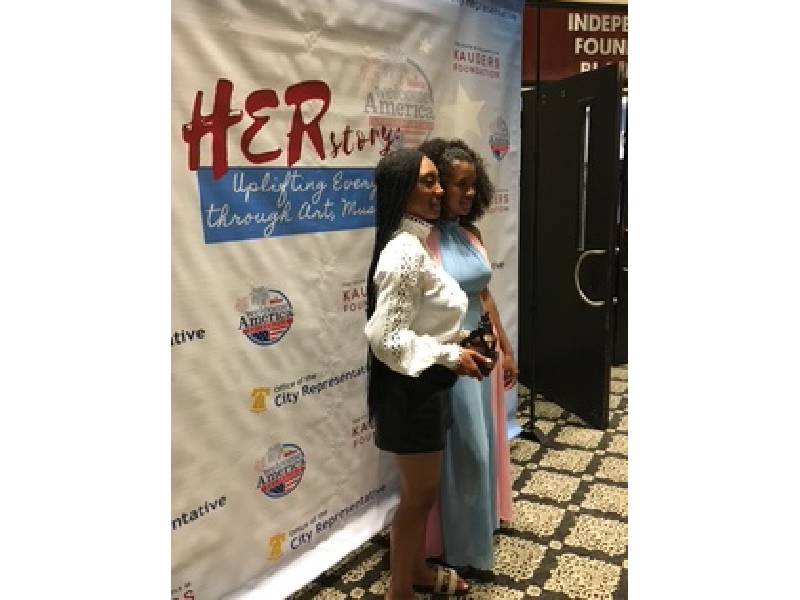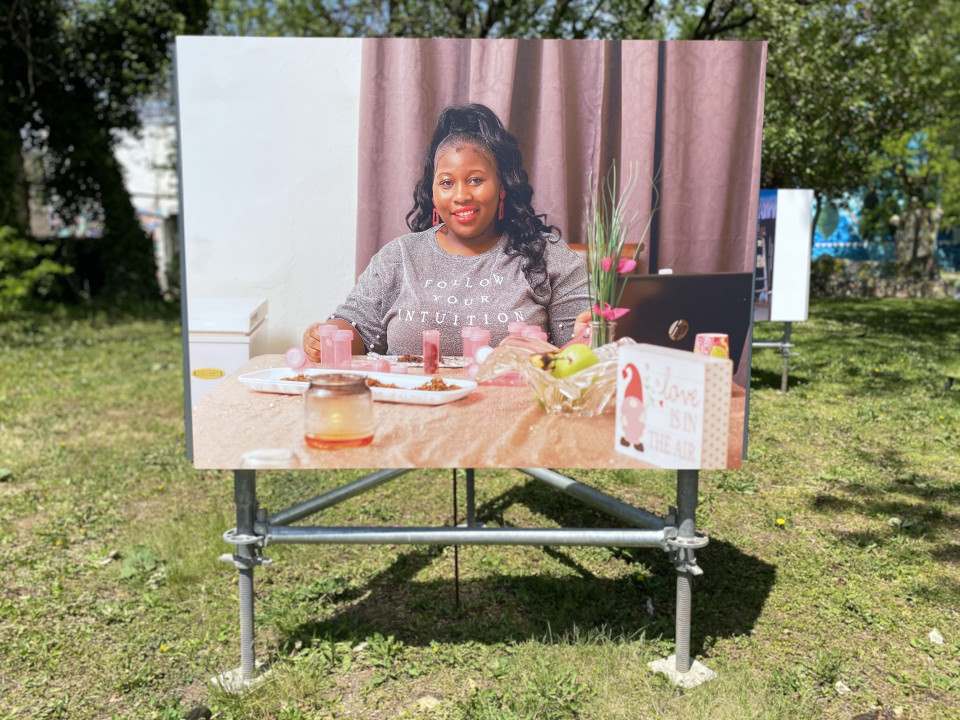Image Source: New Orleans Saints
Overlooked But Not Outplayed
Each spring, hundreds of college football players enter the NFL Draft. While most come from powerhouse Division I programs, standout athletes from Historically Black Colleges and Universities (HBCUs) continue to be overlooked despite their undeniable skill and dedication. Their journey reflects deeper systemic challenges: limited media exposure, fewer scouting opportunities, and the ongoing undervaluation of Black-led athletic institutions.
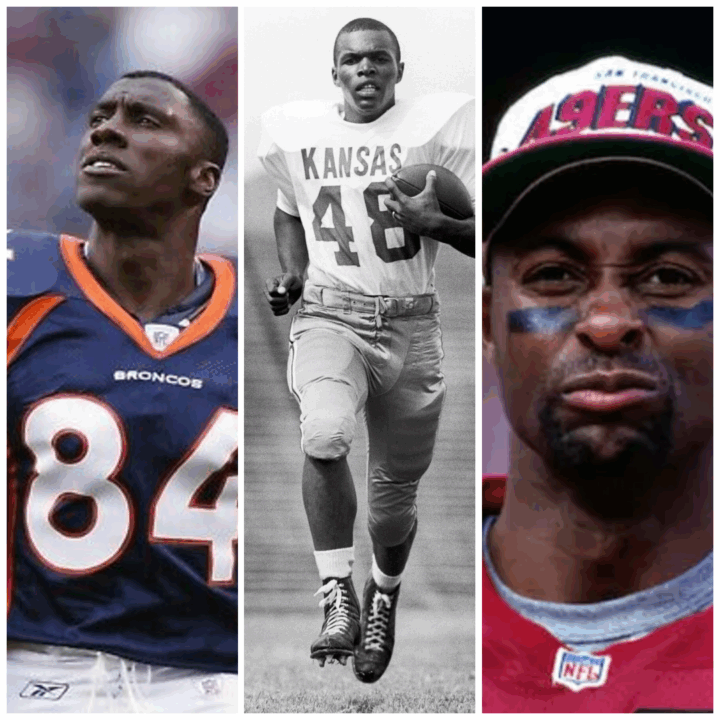
Image Source: eBay, Omaha World-Herald, HBCU Buzz
A Proud Legacy Meets A Modern Challenge
HBCUs boast a rich football heritage. Legends like Jerry Rice (Mississippi Valley State), Walter Payton (Jackson State), and Shannon Sharpe (Savannah State) rose from these institutions to achieve NFL greatness. Once a major talent pipeline, HBCUs are now largely overshadowed by Power Five programs and media giants.
In 2024, only one HBCU player was selected in the NFL Draft despite dozens declaring and delivering impressive performances. The talent is there, but the spotlight is not.
More Than A Talent Issue
HBCU athletes face more than just competition—they battle structural inequality:
- Limited media coverage keeps players out of sight.
- Funding gaps mean many programs operate with outdated facilities and modest budgets.
- Scouting bias leads NFL teams to overlook HBCU showcases in favor of big-name schools.
This is not a question of ability. It is a question of access.
Voices From The Trenches
“I’ve outplayed guys who got Combine invites. I just don’t have the logo on my jersey that the league is used to,” says Devin Marshall, a two-time All-SWAC defensive back from Alabama State University. He only gained serious attention after appearing in the HBCU Legacy Bowl.
“Scouts don’t show up unless we personally call them,”says veteran coach Tyrone Fields, who has led multiple HBCU programs.
“Even then, we have to push twice as hard. Our guys don’t get second chances.”
Amplifying The Signal
Efforts to spotlight HBCU athletes are gaining momentum:
- NFL HBCU Combine: Launched in 2022 to give draft-eligible HBCU players a professional platform.
- HBCU Legacy Bowl: Founded by NFL greats Doug Williams and James “Shack” Harris, this all-star game puts top HBCU seniors in front of scouts.
- Advocacy platforms like the Black College Football Hall of Fame and HBCU Gameday shine a light on performance metrics often ignored by mainstream outlets.
NFL Executive Troy Vincent, himself an HBCU graduate, puts it clearly:
“This isn’t about charity. It’s about recognizing excellence that’s already there.”
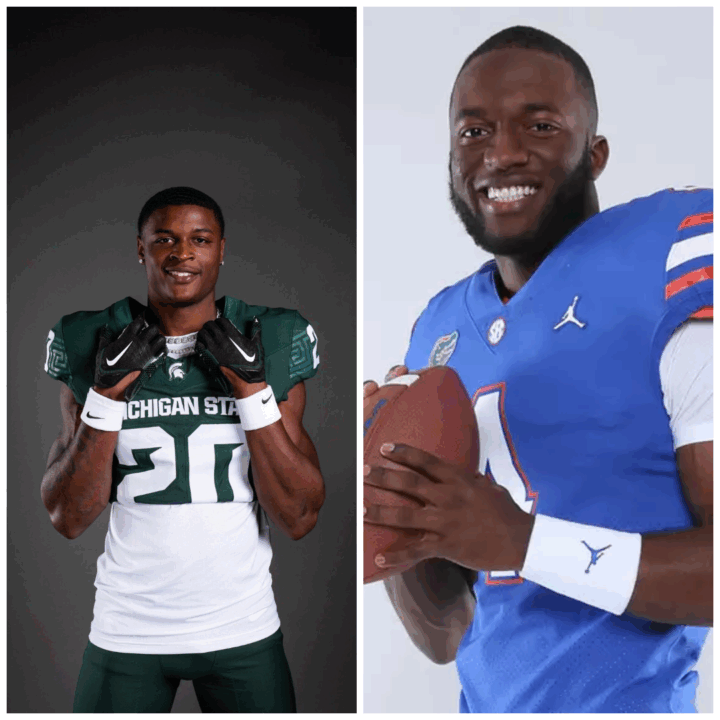
Image Source: Florida Gators, X
Hope Remains Despite The Odds
Despite growing support, representation remains painfully low. Across the 2023 and 2024 drafts, fewer than three HBCU players were selected. Many athletes say they must be twice as good just to be noticed.
Yet the dream lives on. Names like Jalon Jones (Bethune-Cookman), KeShawn Williams (Howard), and Khalil Franklin (Southern University) are among the new generation pushing to break through—attending showcases, meeting with scouts, and chasing that shot at the league.
Time To See What’s Always Been There
HBCUs continue to develop elite football talent. What these institutions need is not validation—but visibility, investment, and consistent respect. As the NFL works to prove its commitment to diversity and equity, it must include HBCUs in that mission—not as a favor, but as a matter of fairness.
The legacy of HBCU football is not in question. It is time the system caught up.
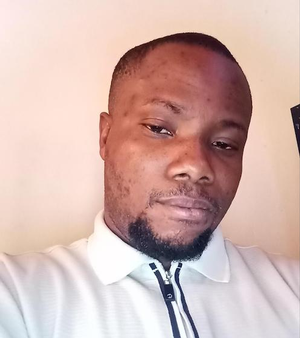
Immanuel Burns Johnson is a young and dedicated social media personnel. He was born, raised and schooled in Lagos, Nigeria. His hobbies include traveling, sports, political criticism and mobile games like C.O.D.M. Apart from these; he is also interested in skydiving and aeronautics. He is skilled in web coding and has a trait of hard work. This has helped him become successful in his field at a young age.


